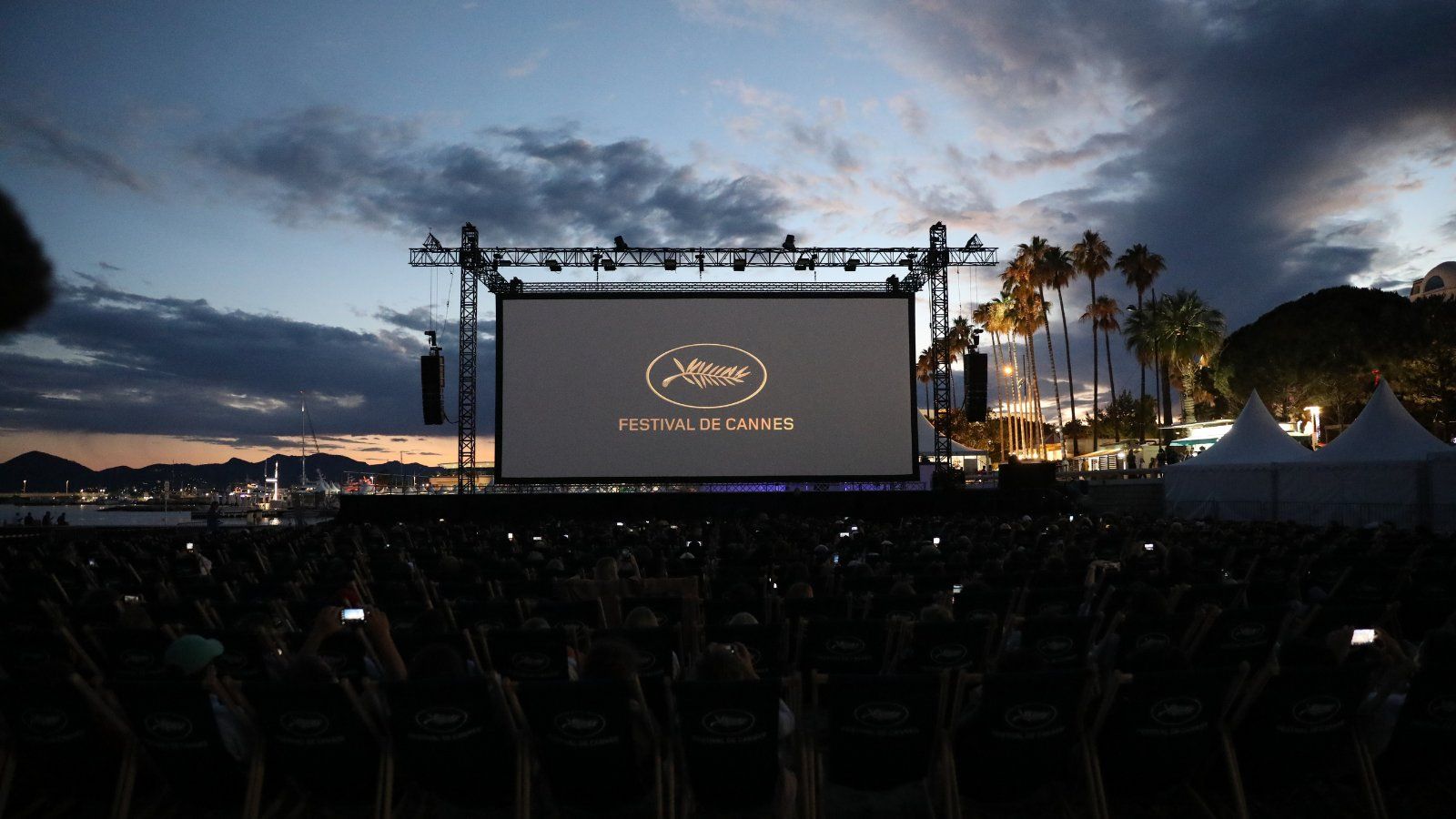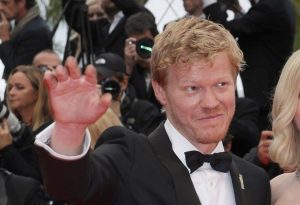It all began at the Venice Film Festival in 1938, when jury members switched the award winners hours before the official announcement, crowning a Nazi propaganda documentary in fear of Hitler.
This was the moment when one attendee of the event, Philippe Erlanger, decided that it was time to launch a new festival that has no room for fear, but only a wide room to appreciate true cinematic talent. He then sought the approval of Jean Zay, the Minister of Education at the time.
The organizers of the event focused on one aspect, that each country would submit a film for the competition. They further invited all filmmaking countries, including Italy and Germany, who refused to RSVP.
Also Read | Cannes 2022: 6 Indian films to be screened at the festival
Crisis briefly erupted in the summer of the year, with German military activities turning Europe upside down. Due to the highly volatile atmosphere, merely nine nations agreed to be a part of the first festival.
Deciding the home of the festival, organizers created a list of host cities, including Biarritz and Cannes. Rumours suggested that Cannes would win, but an announcement on May 9, 1939, revealed that Biarritz was the chosen one. Soon after this, Cannes’ supporters turned the tables and won the competition by promising an increase in the municipality’s monetary participation.
On September 1, 1939, the city of Cannes witnessed magic in the air, with a new festival that was about to transcend all film events across the world.
Also Read | Cannes 2022: List of Indian celebs who will be making an appearance at the event
Since then, the Cannes Film Festival has emerged as an annual gala of artsy film screenings, elegant red carpet appearances and extravagant afterparties.
However, with all the camera flashes on celebrities dressed in haute couture, critics wonder if off-screen activities have dulled the sparkle of top films that are screened at the event.







